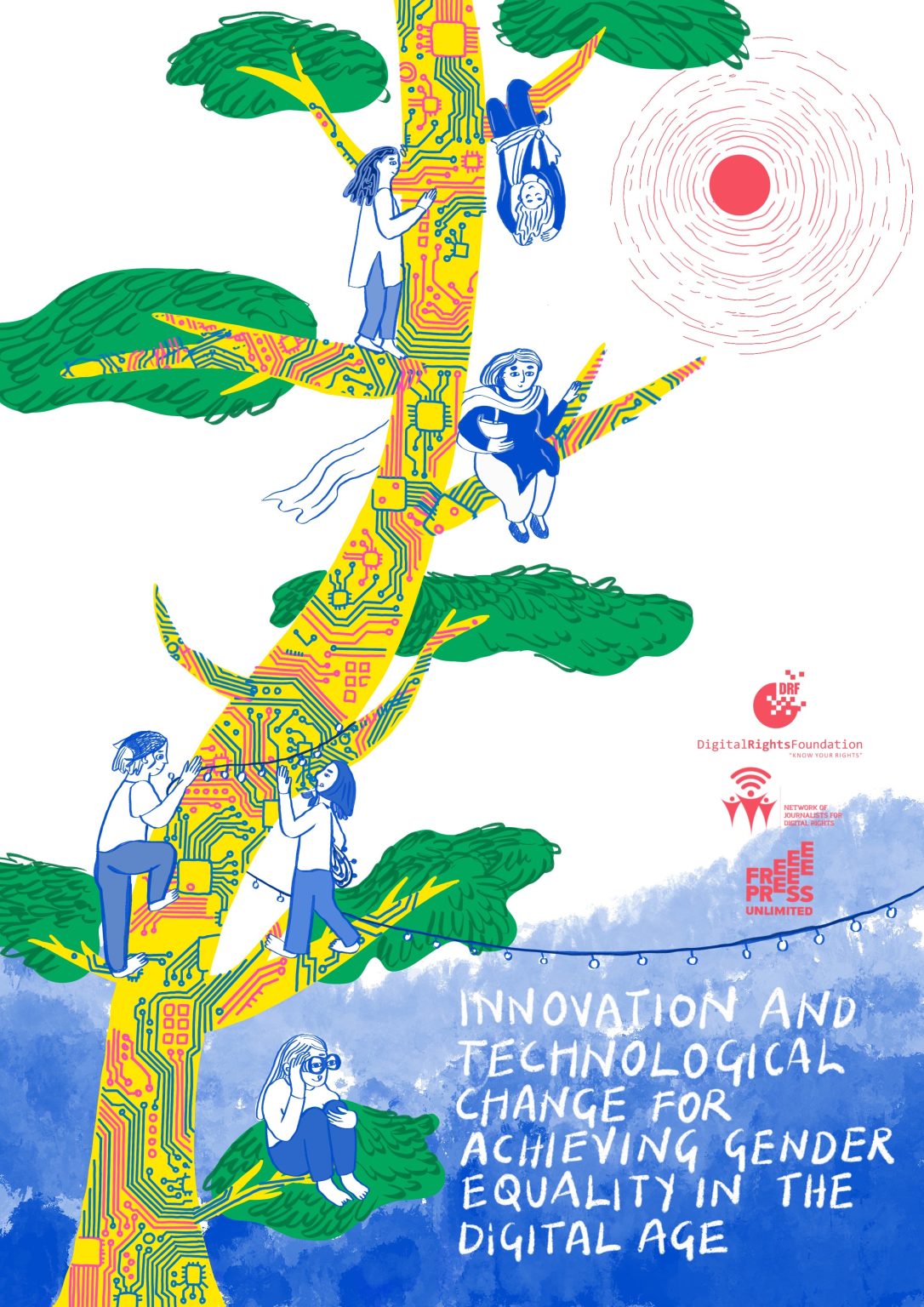Innovation and technological change for achieving gender equality in the digital age

Editor's Note
This year, the Commission on the Status of Women, for its 67th session, has the theme, “Innovation and technological change, and education in the digital age for achieving gender equality and the empowerment of all women and girls,” which is also the theme for the International Women’s Day 2023 “DigitALL: Innovation and technology for gender equality.” But what does it mean, and how is it relevant to us?
According to the UN Women’s Gender Snapshot 2022 report, the absence of women from the digital world has reduced the gross domestic product of low- and middle-income countries by $1 trillion over the past ten years. This loss will increase to $1.5 trillion if nothing is done by 2025. It will be necessary to address the issue of online violence, which a study of 51 nations found 38% of women had directly encountered, in order to reverse this trend.
In Pakistan too, women are being left behind as a result of this digital gender barrier, which is becoming more and more obvious in the context of digital skills and access to technologies. On the pages that follow, our contributors talk about the potential that women’s access to digital technologies can have on the gender equality and economic progress of a nation. In these stories and facts lie the potential and promise gender equality brings for the next generations and we’d hope the fresh perspectives of our contributors will be acknowledged and appreciated by our readers.
With as much love as ever.
Maryam Saeed
Table of contents
- Health Tech in Pakistan by Anmol Irfan
- Women’s safety apps: Are they really effective? By Tehreem Azeem
- What I learned on the Internet! By Sabah Bano Malik
- Can engaging the grassroot community help in closing the digital divide? By Salwa Rana
- Digitisation changing the lives of women through online businesses by Asma Kundi
- Do women running online businesses from the comfort of their homes know their digital rights? By Sabahat Khan
- New digital technologies, economic independence and tribal women by Khalida Niaz
